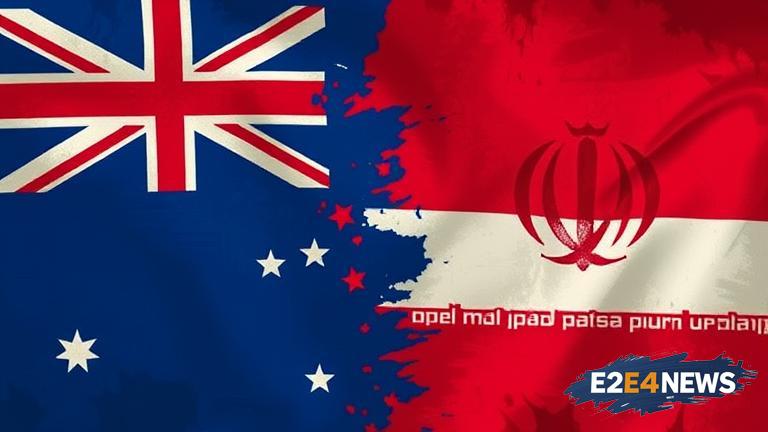In a shocking turn of events, the Australian government has publicly blamed Iran for a series of antisemitic attacks that took place in Sydney and Melbourne. The attacks, which targeted Jewish communities and institutions, have been widely condemned by Australian officials and the international community. The Australian government’s accusations against Iran mark a significant escalation in tensions between the two countries. According to reports, the attacks were carried out by individuals with alleged ties to the Iranian government. The Australian government has stated that it has evidence linking the attacks to Iran, although the exact nature of this evidence has not been disclosed. The attacks have sparked widespread outrage and concern among Jewish communities in Australia, with many calling for increased security measures to protect synagogues, schools, and other Jewish institutions. The Australian government has pledged to take all necessary steps to ensure the safety and security of its citizens, including those of Jewish faith. The accusations against Iran have also sparked a diplomatic row, with the Iranian government denying any involvement in the attacks. The Iranian government has accused Australia of making ‘baseless’ and ‘unfounded’ allegations, and has called for an apology. Despite the denials, the Australian government remains adamant that Iran is responsible for the attacks. The incident has also sparked a wider debate about the rise of antisemitism in Australia, with many calling for greater action to be taken to combat hate speech and discrimination. The Australian government has pledged to take a zero-tolerance approach to antisemitism, and has announced plans to increase funding for programs aimed at combating hate speech and promoting tolerance. The incident has also highlighted the need for greater international cooperation to combat terrorism and hate crimes. The Australian government has called on the international community to condemn the attacks and to take action to prevent similar incidents from occurring in the future. The United States, among other countries, has expressed its support for Australia and has condemned the attacks. The incident has also sparked a wider discussion about the role of social media in spreading hate speech and promoting extremism. Many have called for social media companies to take greater action to remove hate speech and extremist content from their platforms. The Australian government has announced plans to introduce new laws aimed at combating online hate speech and extremism. The incident has also highlighted the need for greater community engagement and outreach to prevent the spread of hate speech and extremism. The Australian government has pledged to work closely with community leaders and organizations to promote tolerance and understanding. In conclusion, the recent antisemitic attacks in Sydney and Melbourne have sparked widespread outrage and concern, and have highlighted the need for greater action to be taken to combat hate speech and discrimination. The Australian government’s accusations against Iran have marked a significant escalation in tensions between the two countries, and have sparked a wider debate about the rise of antisemitism in Australia. As the international community continues to grapple with the challenges posed by terrorism and hate crimes, it is clear that greater cooperation and action will be needed to prevent similar incidents from occurring in the future.
